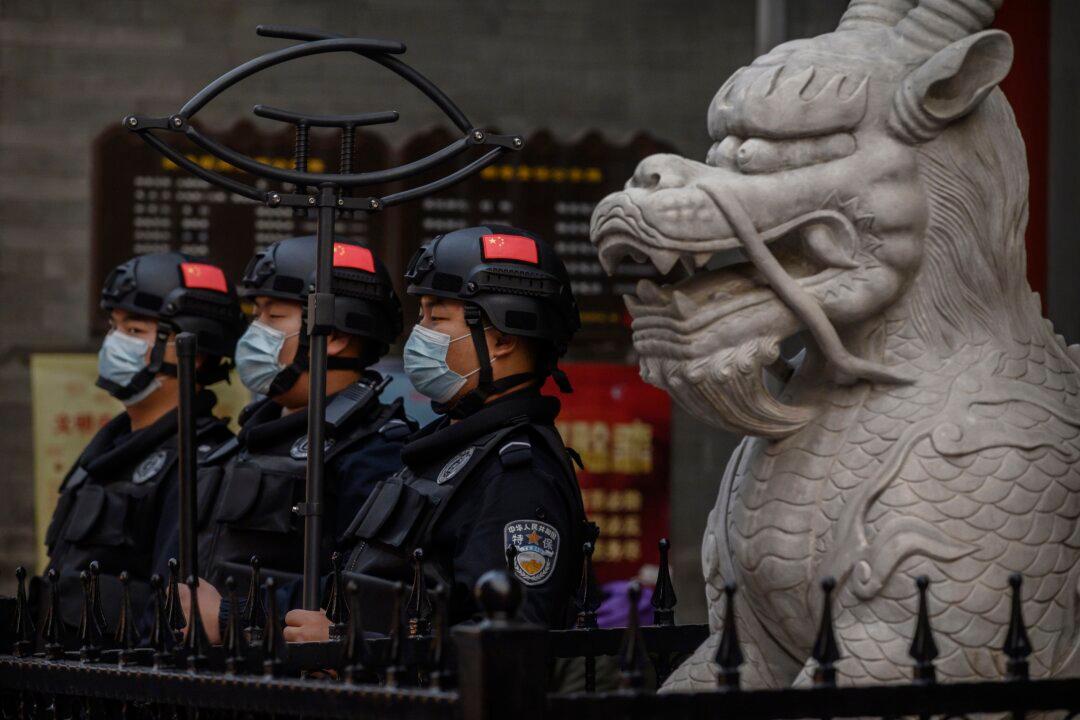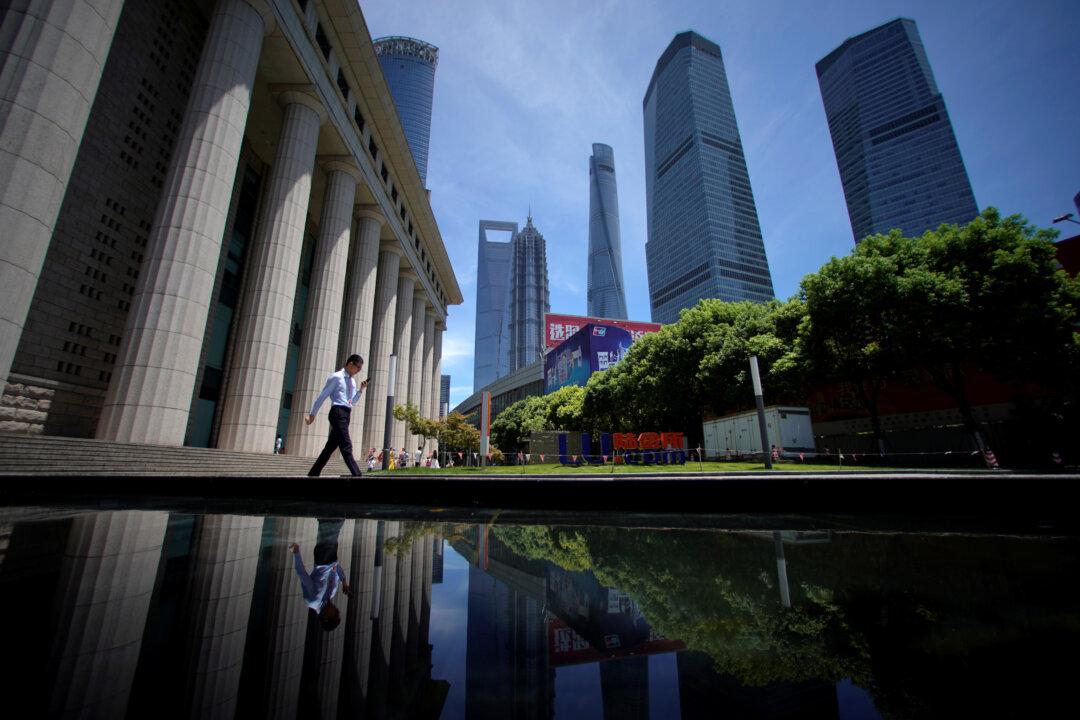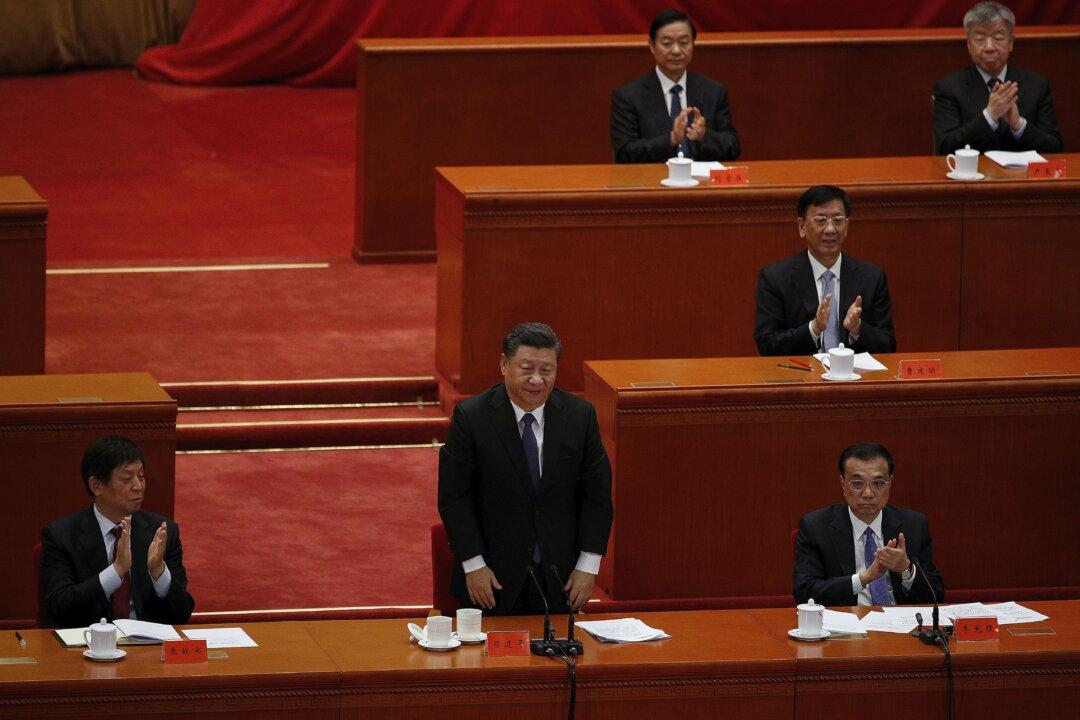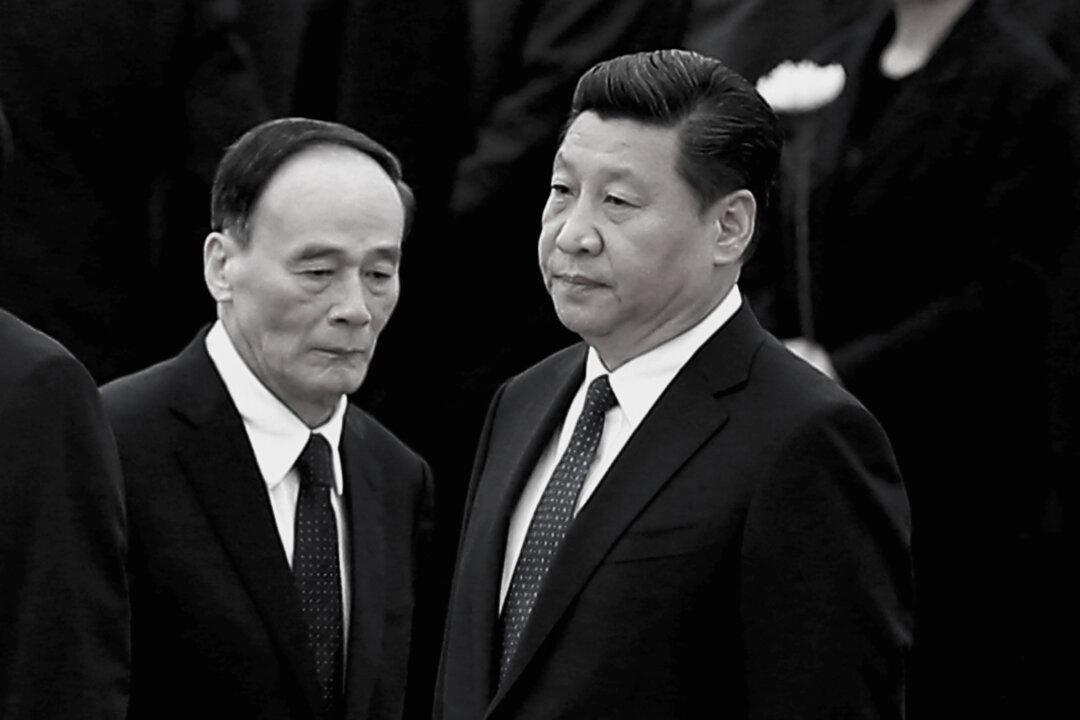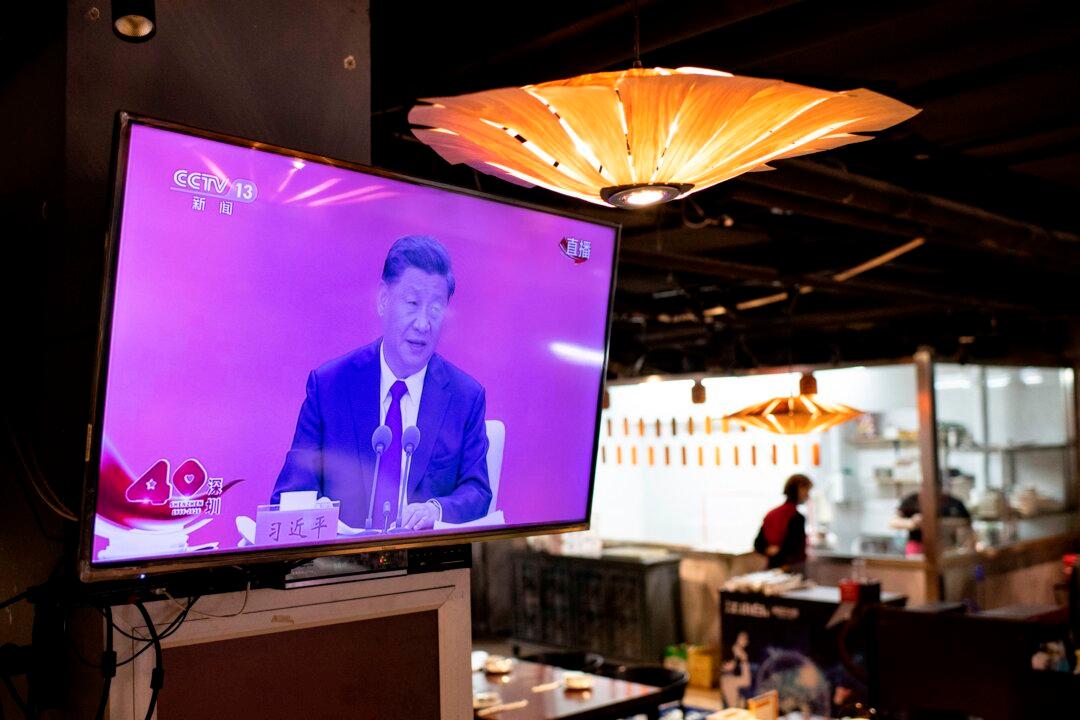Commentary
China’s Ministry of Culture and Tourism recently released a report on the country’s tourism revenue and claimed an economic “recovery” as a result of the “Golden Week” national holiday, which kicked off on Oct. 1 to mark the 71st anniversary of the Communist Party’s takeover of China.
